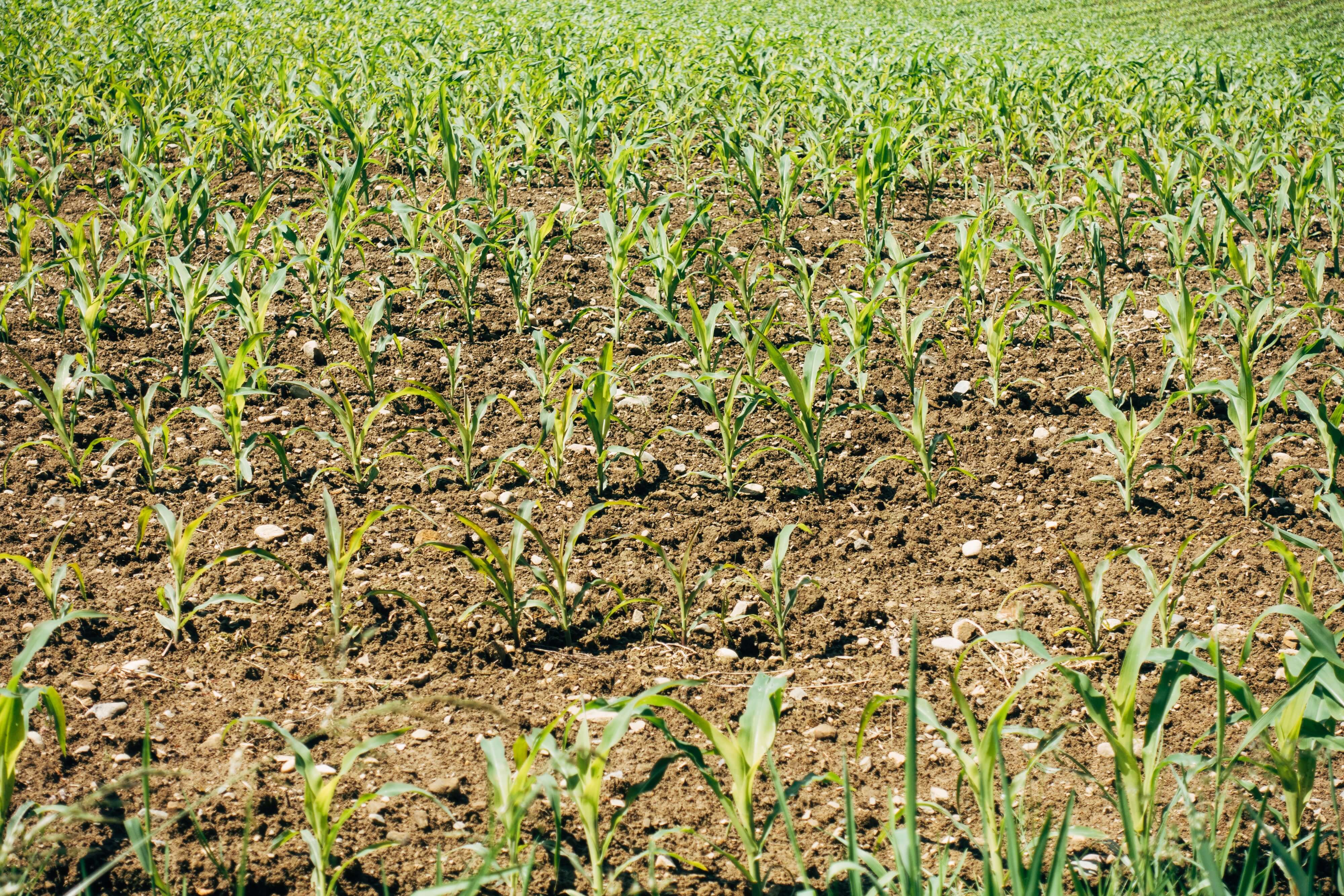The $3 billion grant program for innovative domestic fertilizer production capacity announced by USDA Secretary Tom Vilsack received overwhelming responses across the United States. More than 350 independent businesses from 47 states and two territories submitted applications for the first two rounds of the grant program. The program aims to promote the production of American-made fertilizer that is sustainable, innovative, farmer-focused, and independent. It will reduce dependence on foreign sources like Russia and Belarus, increase competition and give U.S. farmers more choices and fairer prices. The grants will help businesses increase the production of American-made fertilizer, which will also benefit the economy by generating jobs and increasing economic activity.
The first round of the FPEP grant program is focused on projects that can come online soon. USDA has announced the first $29 million grant offers for projects to increase fertilizer capacity for the 2023 or 2024 crop year. The eight independent businesses selected for the grants are from Alabama, Colorado, Massachusetts, Missouri, Ohio, and Washington. The grants are expected to provide a much-needed boost to the businesses and help them increase production capacity, generate jobs and enhance economic activity. The grants will also ensure a steady supply of American-made fertilizer, benefiting farmers nationwide.
The second round of applications for the FPEP grant program will be released in the coming weeks. The applications will be reviewed, and additional details will be provided to the public. The program has generated significant interest from applicants of every size and business model, including cooperatives, Tribal communities, female-owned companies, and public bodies. The grants will support fertilizers and nutrient alternatives and cover different technologies, including composters, complex manufacturing, farm supply blenders, and distributors. The FPEP grant program is a step towards promoting sustainable agriculture and reducing the dependence on foreign sources for fertilizer production.
The Importance Of Increasing American-Made Fertilizers
Promoting American-made fertilizer production is essential for the agricultural sector and national security. Dependence on foreign sources for fertilizer production may pose particular risks to the stability of the agricultural sector and may not meet American safety and environmental standards. Therefore, promoting the production of American-made fertilizers ensures the safety and environmental sustainability of fertilizers used in American agriculture.
Increasing American-made fertilizer production also contributes to economic growth and job creation. In addition, the availability of American-made fertilizer ensures that farmers have access to affordable and high-quality fertilizers, which enhances the overall competitiveness of the agricultural sector. Moreover, increasing American-made fertilizer production promotes competition, giving farmers more choices and fairer prices.
Promoting the production of American-made fertilizer also aligns with the growing interest of American farmers in sustainable agriculture. American-made fertilizers are produced using sustainable practices that reduce environmental impacts and enhance soil health. Additionally, increasing the production of American-made fertilizers reduces the carbon footprint associated with importing fertilizers from foreign countries. Overall, promoting American-made fertilizer production promotes sustainable agriculture and contributes to national security, economic growth, and environmental protection.
Photo by Markus Winkler on Unsplash



3 Comments